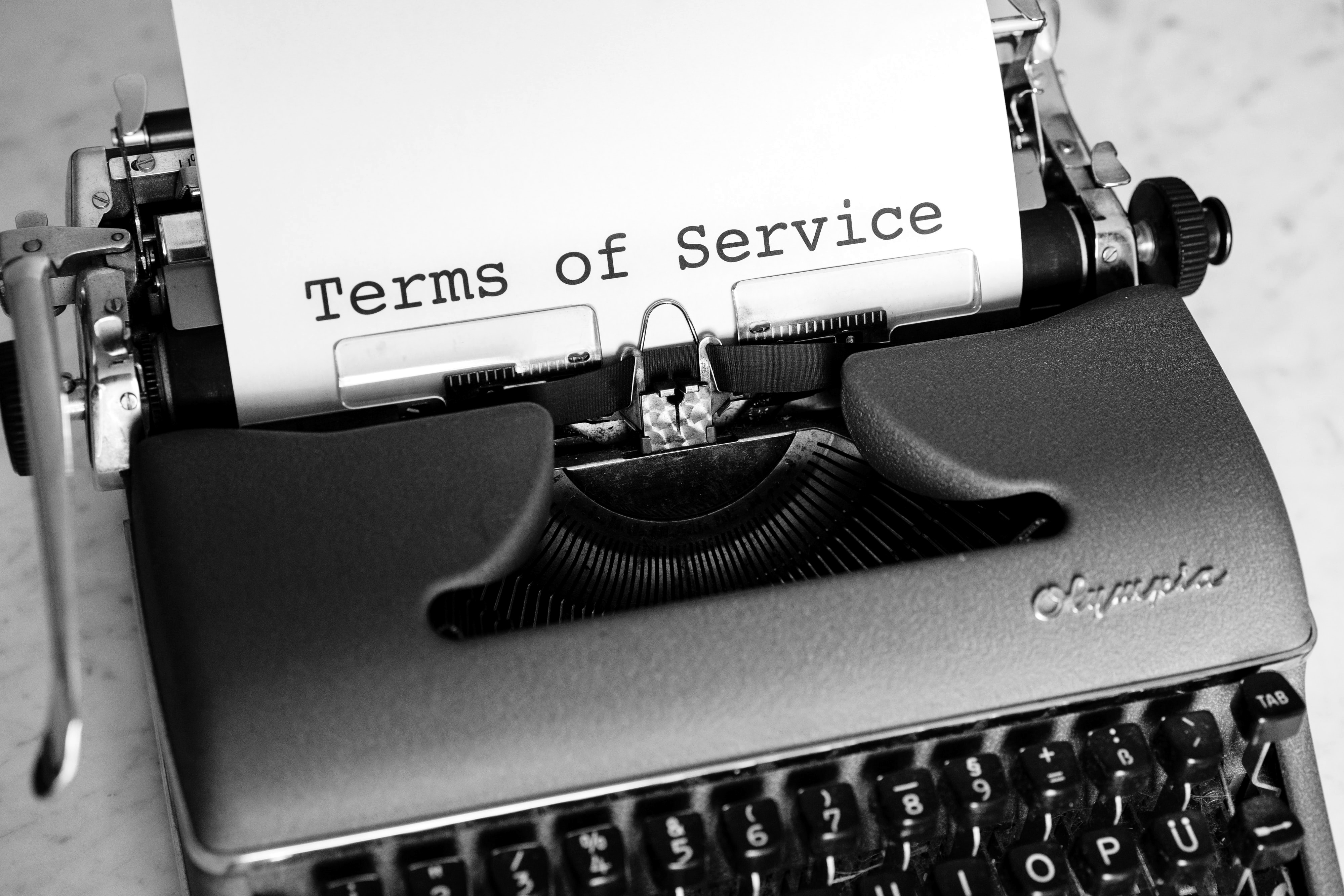
The first step in enabling you as brand owners to control costs for IPEC disputes is to enable you to control your lawyers. This is YOUR IP claim, not your lawyers’.
How involved do you get in the running of your IP claim? If your claim is in IPEC, you should feel empowered to push your lawyers to minimise legal costs, and ideally to work to lower hourly rates and/or phased fixed fees (to mirror the fact that costs are capped by phase in IPEC).
IP litigation costs remain high in the UK because full-service City firms charge very high hourly rates which are the same for High Court disputes as they are for IPEC; and brand owning clients feel they have no choice but to pay high prices to protect their brands. This mentality has spilt over into IPEC litigation, despite IPEC being set up to keep the running of IP claims streamlined, cheaper and more cost effective.
So next time you speak to your IP lawyer, don’t be afraid to ask any and all of these questions:
- Why isn’t my IP infringement claim being brought in IPEC? Do I really need the bells and whistles of a High Court action?
- Why are you being drawn into a battle of words with the other side’s lawyers? Why do you feel you have to respond to every point in every letter – I am paying per letter, but it doesn’t seem to be advancing or benefiting my case very much?
- Do I really need to run every conceivable claim? E.g. for a supermarket lookalike claim, we’re going to struggle to show consumer confusion so why don’t we only run an unfair advantage claim (section 10(3) of the Trade Marks Act)? Why am I also running a claim based on consumer confusion (section 10(2) of the Trade Marks Act/passing off) which will involve a lot more evidence (and cost) and uncertainty of outcome?
- Why are we agreeing to/pushing for broad documentary disclosure for every element of my claim? Do we really need to do all of this - I am going to have to pay for you to review all of our and their disclosure? E.g. to evidence reputation, why can’t I just rely on a spreadsheet of sales figures and marketing expenditure rather than going to the trouble of locating all sales and marketing emails, business plans, forecasts and projections, none of which will be looked at in any detail at trial and which add little to a spreadsheet containing all relevant information.
- Why are we having a Case Management Conference hearing in IPEC? And why am I paying for barristers and solicitors to attend in person? Could we not ask the judge to deal with the CMC on paper, or - if a hearing is actually needed - a short virtual hearing?
IP litigation practices need shaking up. We aren't the only ones alive to this. A paper published by CMS earlier this month (‘CMS IPEC Review 2013 – 2021: First Edition’ -https://cms.law/en/gbr/publication/cms-ipec-review-2013-2021-first-edition) acknowledges the high levels of irrecoverable fees in IPEC cases, the length of time it has been taking to get IPEC cases to trial, and the fact that parties and the court should be restricting the scope of their disputes and actively managing cases to achieve significant savings in costs and time. What the report is conspicuously silent on, however, is that one of the main factors in the irrecoverable fees is that the bigger law firms don’t adjust the way they charge in IPEC.
Law firms have to start behaving differently in IPEC, to the way they traditionally behave in the High Court.
The same hourly rate is still used by most firms for IPEC cases. Why? IPEC is meant to be streamlined and lower cost – the best way to achieve this would be for City law firms to halve their rates for IPEC disputes. Furthermore, as recoverable costs are capped by phase, why are clients not demanding that their lawyers also work to fixed fee caps by phase? The knowledge that they won’t be getting paid if they exceed the phased fixed fee cap would soon focus the lawyers to run IPEC cases as they were intended, more efficiently and without taking silly points and introducing unnecessarily extensive evidence.
Over the next couple of weeks, we will be flagging the flaws of IPEC litigation, asking why IPEC has not achieved what it sought to achieve, and steering brand owners towards achieving better results for less.
Send us your thoughts:
Would you like to read more articles like this?
Building 1000
Cambridge Research Park
CB25 9PD
Fax. 01223 425258
info@iamstobbs.com
Privacy policy
German office legal notice
Cookie Declaration
Complaints Policy
Copyright © 2022 Stobbs IP
Registered Office: Building 1000, Cambridge Research Park, Cambridge, CB25 9PD.
VAT Number 155 4670 01.
Stobbs (IP) Limited and its directors and employees who are registered UK trade mark attorneys are regulated by IPReg www.ipreg.org.uk

